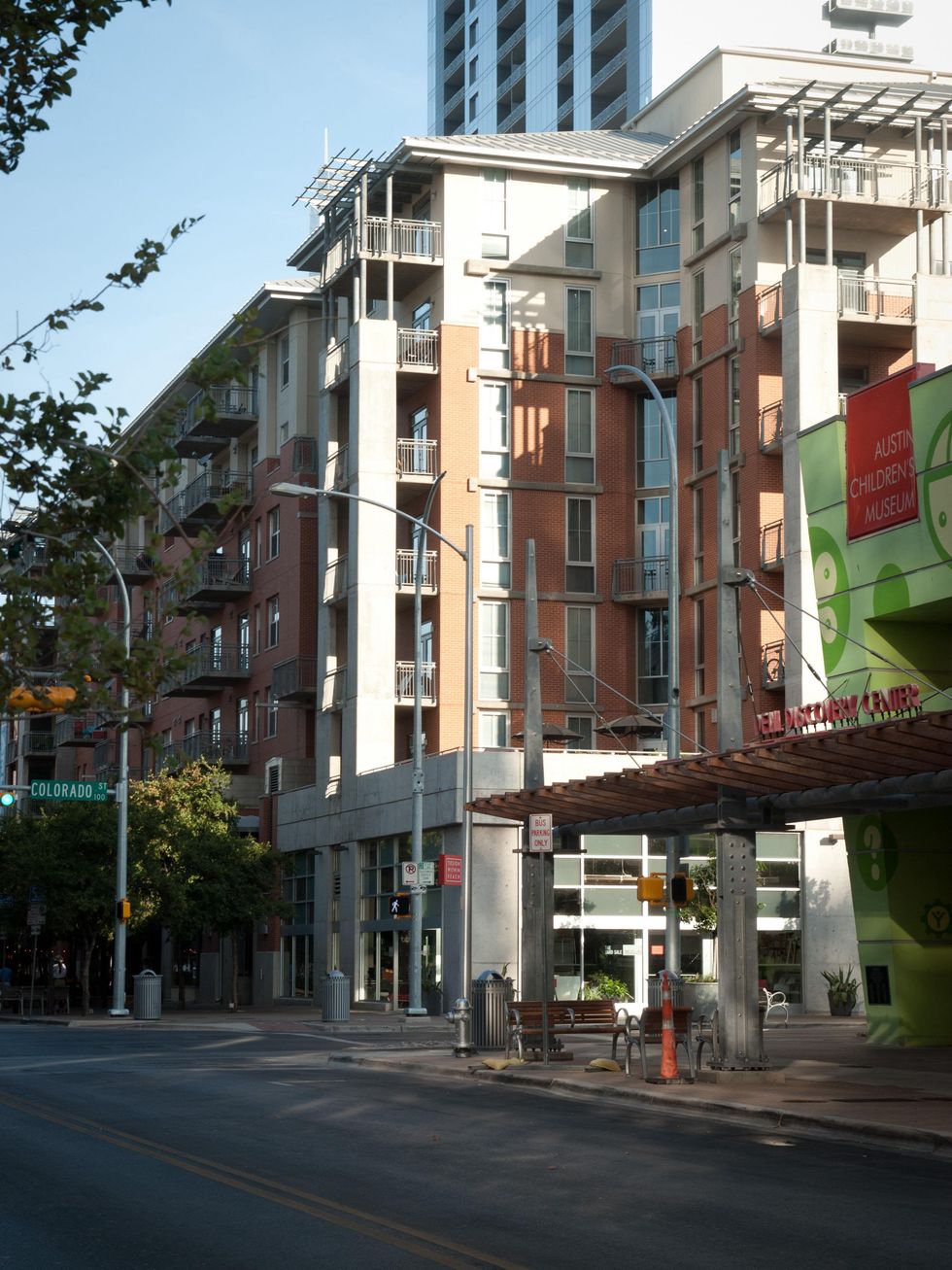Austin’s Affordability Conundrum
Austin real estate expert: Standardized code will encourage affordable housing development

Editor's note: CultureMap Austin partners with Leadership Austin — the region's premier provider of civic and community leadership development — in this ongoing series of editorial columns meant to inform Austinites about issues facing our city. The current series of columns originate from participants in Leadership Austin's monthly Engage Breakfast Series. In all cases, columns do not necessarily reflect the opinions of CultureMap Austin's editors. The next breakfast will be December 18 and will address the topic "The Price You Pay: Austin's Affordability X-Factor."
It’s an exciting time to live in Austin. Our economy and our housing market are stronger than ever, fueled by new jobs and new residents — 150 people each day, according to the Austin Chamber of Commerce. However, every rose has its thorn, and, for Austin, that thorn has become decreasing housing affordability, requiring decisive and positive action.
Austin is quickly becoming one of the most expensive housing markets in Texas. If that trend continues, there will be much less opportunity of home ownership for Austinites who fill our work force needs and maintain the diversity of our city. One key factor in responding to this challenge is the impending overhaul of the City of Austin’s Land Development Code. We must tackle that challenge in a way that fits with Austin’s vision and makes development more practical and less costly.
Every rose has its thorn, and, for Austin, that thorn has become decreasing housing affordability.
Currently, Austin’s Land Development Code is a complicated set of rules and regulations that are notoriously difficult to navigate and are interpreted inconsistently. As a result, the LDC creates uncertainty in the development process and requires significantly more time and fees to build a new home in Austin than it does in other Texas cities. In theory, that is intended to prevent development that falls outside of the city’s growth plan. In practice, the inefficiencies of the code work to unnecessarily delay development that is good for communities and cause the cost of home ownership to rise.
The Austin Board of Realtors advocates for a development process that is efficient, is applied consistently and does not pose ineffective barriers to healthy, controlled growth. The code should be condensed to have fewer negotiated solutions to individual problems and more consistent application of agreed-upon planning principles.
With a more streamlined product, the Planning, Development and Review Department will be more efficient and thus able to expedite its review of applications and bring down the overall cost of development.
In addition, the new Land Development Code should have a framework that is supported by our community and designed to meet its future needs, protecting the credibility of Austin’s neighborhoods and encouraging density where it’s needed to create a more balanced housing market.
That approach is clearly outlined by the Imagine Austin plan, which puts forth a vision of Austin that is more compact and connected. Policymakers agree that Austin must begin changing development patterns now in order to make progress toward the goals of Imagine Austin over the next several years.
As a stakeholder in the revision of the City’s Land Development Code, the Austin Board of Realtors will be engaged in the process, and I encourage you to do the same by getting involved with the City’s CodeNext initiative. Let’s ensure that Austin remains a place that residents of all types can call home.
Paul Hilgers is CEO for the Austin Board of Realtors. Previously, Hilgers served nearly 10 years managing federal and local housing and community development programs in Austin, including expansion of the Austin Housing Finance Corporation, which issues housing bonds and tax credits. More recently, he served three years as deputy general manager of the reorganized Pedernales Electric Cooperative to help bring major changes to that organization. An Austin native, Hilgers is a graduate of Whittier College and holds a master’s degree from the Lyndon B. Johnson School of Public Affairs at The University of Texas at Austin. In addition to the City of Austin and the PEC, he has worked for former Governor Mark White, as a long-time district director for former Congressman Jake Pickle, and as a federal and community relations manager for the Lower Colorado River Authority. Hilgers is an alumni of Leadership Austin’s Class of 1987.




